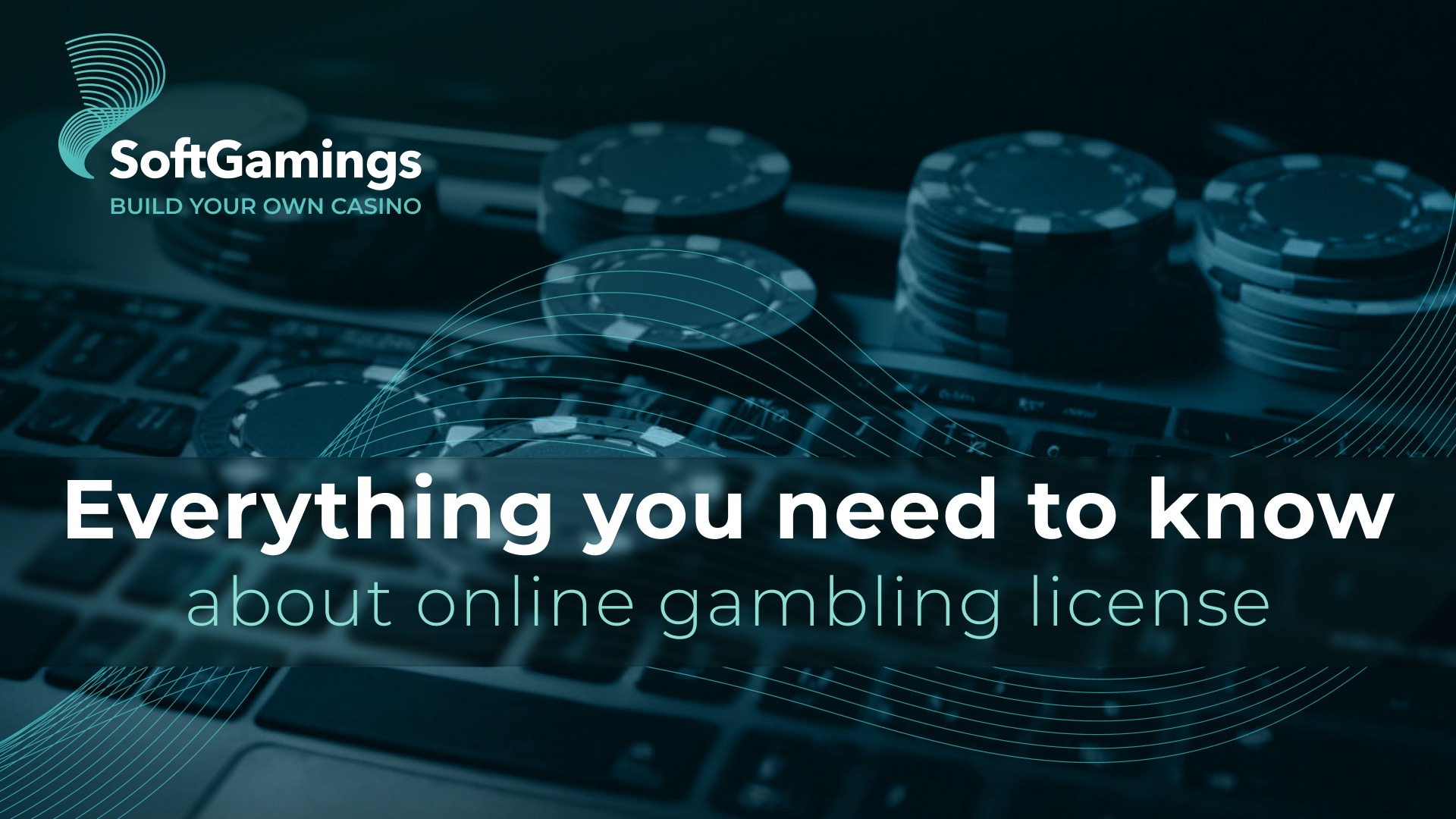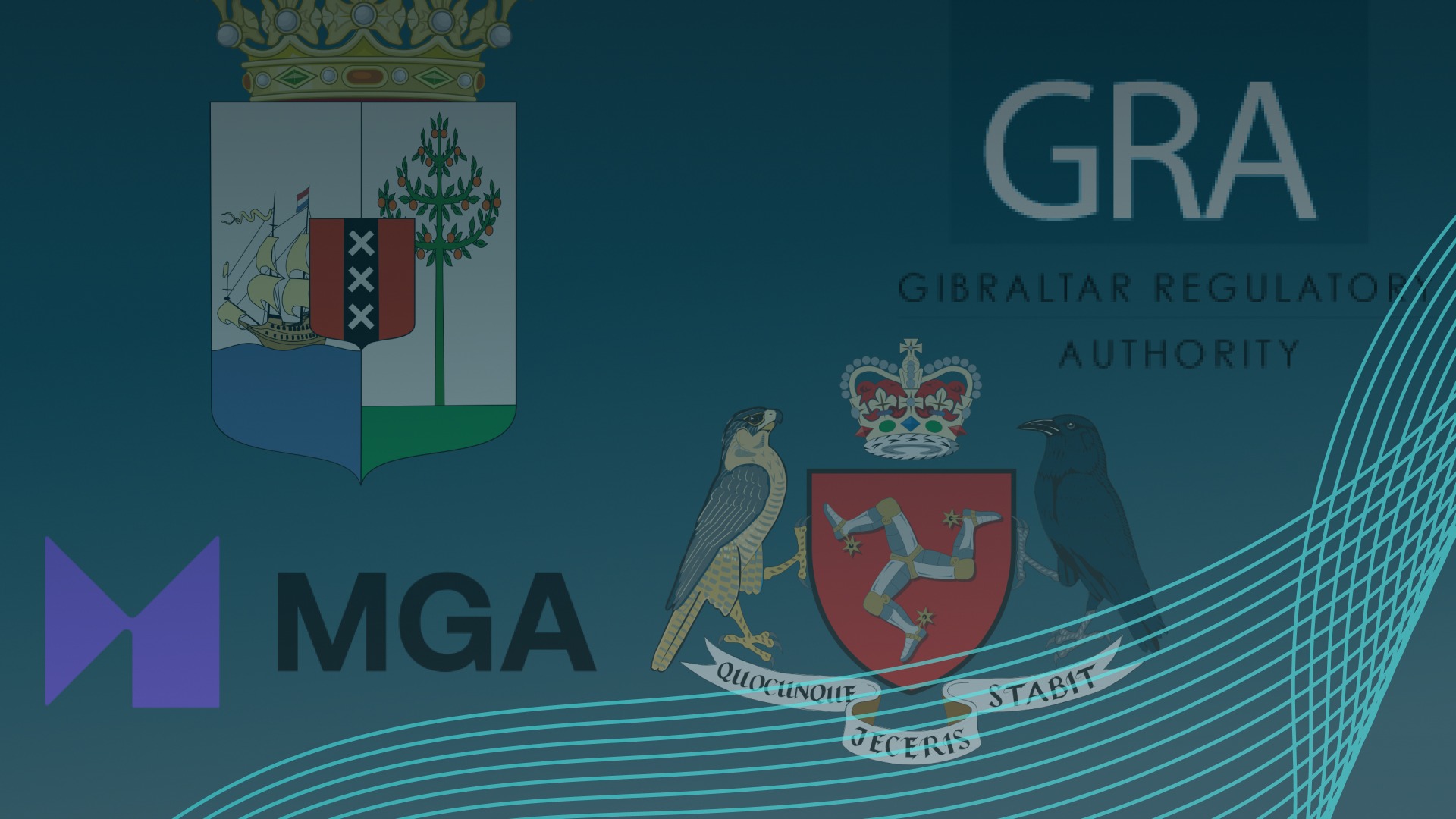Table of Contents
- Engage in lawful conduct: why are permits more crucial than you realize?
- Exciting figures: statistics and forecasts for the global gambling market
- New growth opportunities for the iGaming industry
- The opportunities for iGaming industry growth
- About the risks of unlicensed gambling
- In compliance with legislation: regulatory norms within the industry
- Safely navigating the crucial stages of procuring a permit
- Licenses for online platforms: how to allocate costs correctly
- The role of licensing in establishing operators' credibility and reputation
- The optimal location for obtaining a license for a gambling business
- Varieties of licenses
- Obtaining a license: best jurisdictions with transparent and strict rules
- Compliance with laws is the key to the successful development of the iGaming business

Engage in lawful conduct: why are permits more crucial than you realize?
- Ensures the protection of players' interests, as well as their personal and financial data. Licensed gambling platforms uphold responsible gaming principles and have the tools and features to foster healthy gaming habits.
- Ensures fairness and honesty. Licensed operators are obligated to regularly assess their systems and carry out audits to meet industry standards.
- Requires operators to adhere to regulatory requirements, meaning they must operate within the legal framework and avoid infringing the law.
Exciting figures: statistics and forecasts for the global gambling market
- 58% of online casino players worldwide use mobile devices
- Cryptocurrencies are taking over almost the entire iGaming sector - crypto players make more than 300 bets every second
- Responsible gambling is becoming increasingly important on all continents
- Data security is on the rise — by 2024, 75% of the world's population will be privacy compliant and the industry is well on its way to cookie-free and improved data security
- A relentless fight against fraud is being waged with anti-fraud and AI technologies.
New growth opportunities for the iGaming industry

The opportunities for iGaming industry growth
About the risks of unlicensed gambling
- Players mistrust. Without a license, operators cannot guarantee security and fair play.
- Lack of financial support and trust from financial institutions and payment systems.
- Refusal to work with leading software developers as they do not want to risk their reputation.
- Blacklisting by various organizations, which can prevent the license from being obtained or cause it to be withdrawn.
- Closure and fines up to and including liquidation of the company.
In compliance with legislation: regulatory norms within the industry
- There are 79 markets where online gaming is overseen and managed (e.g. UK, Sweden, Armenia).
- There are 46 markets where online casino activities are not banned or regulated by governmental licenses and controls. Many of them permit players to access international platforms (Bolivia, Ecuador, Andorra, Mongolia).
- Numerous countries worldwide either ban or restrict gambling (China, North Korea, UAE, Singapore, Brunei, and others).
Safely navigating the crucial stages of procuring a permit

- Entrepreneurs and personnel possess the financial expertise to ensure the sustainability of the enterprise.
- Assessing potential candidates for an impeccable standing by expert panels.
- Potential requirement for full disclosure of the financial structure of the company, its employees, and affiliates.
- Creation of mechanisms to uphold moral gambling standards.
- Implementation of security measures for customer data and online transactions, such as encryption with SSL technology.
- Implementation of robust age verification methods to prevent minors from accessing gambling platforms.
- Willingness to furnish regular reports, including financial statements and other transactions.
- Uncover the mandated authorization stipulations for your enterprise. For instance, Curacao presents both fundamental and subsidiary permits, while Malta bestows distinctive licenses for two categories of activities (B2B and B2C). It is imperative to meticulously investigate the statutes and directives of the jurisdiction where you plan to execute business operations.
- Compile necessary paperwork such as certificates of impeccable conduct, employees' identification duplicates, incorporation articles, enrollment certification, and financial archives. Additionally, you must furnish game and software delineations, an elaborate commercial blueprint, and fiscal statements. The precise prerequisites may fluctuate contingent on the whereabouts of your establishment.
- Complete the application document for a wagering permit and remit all obligatory charges. In Curacao, you must enlist with the Chamber of Commerce of the Netherlands Antilles. In Alderney, acquiring a Software Supplier Certificate is obligatory before requesting the permit.
- Brace for scrutinization by gaming regulatory bodies, which may encompass background verifications on corporate managers and proprietors.
- Anticipate the appraisal of your application. If it garners endorsement, you will be dispatched with an official notification and the issuance of your permit.
Licenses for online platforms: how to allocate costs correctly
- In Malta, the aggregate fees amount to no less than €36000.
- The cost of a British gambling license is approximately £25000.
- A license for B2B suppliers in Gibraltar is valued at £85000.
- Brazil's national licensing fee totals R$30 million for 5 years.
- In Antigua and Barbuda, the solitary fee for validating documents and websites stands at $15000.
- Securing a Greek license necessitates six months and carries an estimated expense of €25000.
The role of licensing in establishing operators' credibility and reputation

- Official registration of the company and establishment of commercial accounts
- Building trust and crafting a reputation as a trustworthy operator
- Shielding against legal challenges, penalties, and legal battles
- Working together with prominent developers like Microgaming, NetEnt, Pragmatic Play, Playtech, and IGT
- Teaming up with premier financial institutions such as Neteller, PayPal, Trustly, Skrill
- Financial advantages for operators by leveraging tax breaks and expanding into different legal jurisdictions
- Venturing into fresh markets, forging mutually advantageous alliances, and growing the business.
The optimal location for obtaining a license for a gambling business
- The Isle of Man provides entrepreneurs in the online gambling industry with two options for licenses: complete and sub-license. Taxes are imposed on total revenue based on profit levels. Corporate tax is at a rate of zero percent, though residents are not allowed to place bets. Approval of applications typically takes between 10 to 12 weeks. Companies involved in gambling on the Isle of Man must adhere to specific criteria, including the necessity of a minimum number of local directors.
- In Malta, there are 6 distinct permits available for conducting betting activities, ranging from managing online casinos to assisting other businesses. Tax rates vary depending on the type of permit, starting at €1200 per month. To acquire a permit, state fees, yearly contributions, and profit taxes must be paid. It is possible to reduce the tax burden to 5%.
- In Curacao, it is possible to acquire a single permit for two types of betting: a main permit and a secondary permit. The main permit allows for the issuance of secondary permits to third parties, while the secondary permit does not. Profit tax is at 0%, but a security deposit and monthly fees are required. Applications are processed within six weeks. Holders of the main permit must pay fees for the first two years, while the secondary permit has no expiry date.
- Kahnawake serves as both a Canadian province and an Indigenous reservation where a gambling license can be obtained. To achieve this, the website must be hosted in their territory, and both company and client verification processes have to be completed. The license costs $40000, with compulsory annual payments and compliance verification. An additional $5000 is required for each essential staff member.
- Gibraltar stands as the most extensive jurisdiction for online gambling, necessitating companies to meet stringent requirements, notably regarding financial stability. The income tax stands at 1%, with a minimum threshold of £8000 per year. Clients must go through obligatory verifications. There is no application fee for a license, but an annual fee of £2000 is obligatory. The license remains valid for a year.
Varieties of licenses
- Remote gambling license: This type allows online gambling operators to offer their services to players located in different countries or regions.
- White Label license: It allows third-party operators to use the branding, software, and infrastructure of a licensed online gambling site to offer their gambling services.
- Software provider license: This type is specifically for companies that develop and distribute online gambling software to licensed operators. It ensures that the software meets regulatory standards and can be used legally in online gambling operations.
- In the casino. These licenses cover online gambling and associated operations, overseeing gaming services, safety measures, ethical gaming practices, and financial dealings.
- In the world of sports betting. They are designed for gambling sites, ensuring fair betting procedures, safe monetary transactions, and compliance with anti-money laundering rules.
- In the world of lotteries, operators are given licenses to conduct raffle games, guaranteeing fair draws, prize distribution, and adherence to legal requirements.
- Poker platforms are designed specifically for online poker providers, ensuring the integrity of the poker software and the protection of player funds.
Obtaining a license: best jurisdictions with transparent and strict rules

- The license issued by the Malta Gaming Authority (MGA) is more than just a legal document, it signifies a prestigious status! To acquire a license in Malta, a solid reputation, personal details of shareholders, and a detailed business strategy are necessary. The initial fee for a brand new online casino license amounts to €2330, with an annual fee of €8500 following approval. Tax obligations on gaming activities start at €4660 per month for the first six months, then rise to €7000 per month. Acquiring an MGA license involves significant legal costs throughout the process, but the benefits include immediate recognition and entry into the global market.
- A license from the Gibraltar Regulatory Authority (GRA) has been synonymous with the gambling industry since 1998, establishing itself as one of the most respected and stable jurisdictions. Online casinos that obtain a GRA license demonstrate adherence to the highest standards and regulations. However, the application process is lengthy and demanding. Candidates must first develop a detailed business plan covering multiple pages. In addition, operators are required to submit documentation regarding shareholders, proprietors, and employees. The evaluation process alone can take several months due to its rigorous nature. The key advantages of a Gibraltar license include reliable governance, minimal tax rates, and an impeccable reputation.
- Curacao (Netherlands Antilles) serves as an attractive option for iGaming operators due to its cost-effective licenses, robust security measures, and clear-cut regulations. The tax system established by the Curacao Gaming Control Board is among the most favorable for operators, featuring low rates, an uncomplicated licensing procedure, and swift application processing times.
- The Isle of Man showcases a respected regulatory authority that solely bestows permits to the most reliable and top-notch internet casinos. Despite this location offering legal advantages and favorable tax regulations, obtaining a permit can be complex and time-consuming. The registration fee stands at approximately £5000, with an extra yearly expense of £35000 for the actual permit. Tax percentages depend on the casino's earnings, ranging from 0.1% to 1.5%. Internet casinos must show their reliability, openness, and honesty to acquire a permit.

